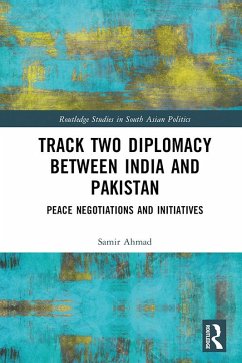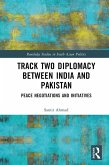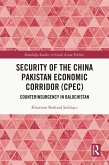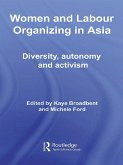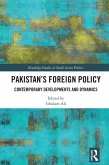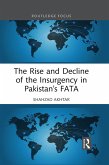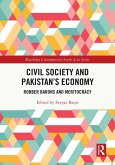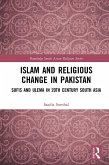Dieser Download kann aus rechtlichen Gründen nur mit Rechnungsadresse in A, B, BG, CY, CZ, D, DK, EW, E, FIN, F, GR, HR, H, IRL, I, LT, L, LR, M, NL, PL, P, R, S, SLO, SK ausgeliefert werden.
--Amitabh Mattoo, Padmashri Professor, School of International Studies, Jawaharlal Nehru University, New Delhi, India; Honorary Professor of International Relations, University of Melbourne, Australia; Chair Governing Body, Miranda House College, University of Delhi, India; Governing Board Australia India Institute at Delhi, India
"Samir Ahmad offers a persuasive argument for the need to strengthen and revitalize Track-Two processes as an effective tool for conflict resolution, especially in the context of the fraught Indo -Pakistan relationship. The practice of Track-Two Diplomacy has evolved substantially since Joseph Montville's initial articulation in 1981. Today, there is an infusion of civil society representatives in Track-Two processes and the line between Track Two and Multi-Track Diplomacy is more porous. The internet facilitates greater communication between citizens committed to peace on both sides. The book is a scholarly exhortation to governments and citizens to seize the opportunity to break out of the current impasse in the bilateral relationship. Coming from the pen of an engaged peacebuilder and academic, and buttressed with painstaking research on the experience of Track Two processes in our region, the book is a valuable read for those invested in the idea of positive peace in South Asia."
--Meenakshi Gopinath, Padma Shri Awardee, Founder and Director, WISCOMP, Chair, Centre for Policy Research
"Samir Ahmad's analysis of India-Pakistan diplomacy with reference to Jammu and Kashmir is a valuable intervention in a relatively lesser explored domain of international relations. The book's focus on Track II diplomacy foregrounds civil society as an essential stakeholder in international negotiations towards conflict resolution in Kashmir, and peace and stability in the wider South Asian region. At a juncture when Jammu and Kashmir is especially troubled and India-Pakistan diplomacy in deep freeze, Ahmad's book is both timely and compelling."
--Seema Kazi, Associate Professor, Centre for Women's Development Studies (CWDS), New Delhi, India
"This important book explores the role of Track Two Diplomacy in the context of India-Pakistan relations and manages to underscore their relevance even in the contemporary atmosphere of all round despondency about this relationship. It opens up new possibilities about how to think of conflict resolution and peacebuilding away from the rigidities of the state institutions."
--Harsh V Pant, Professor of International Relations, King's College London & Vice President - Studies, Observer Research Foundation, New Delhi, India
"When conventional diplomacy fails, could unconventional diplomacy work? Could peace be fostered by a track-two dialogue, which brings together members of the public representing the opposing sides? These are the questions this book explores in the context of the long-standing India-Pakistan rivalry. The exploration is grounded in rich historical context and sober analysis. It is timely not just for South Asia, but also for other parts of the world where peace requires creative and inclusive approaches."
--Yelena Biberman, Associate Professor of Political Science, Skidmore College, Non-resident Senior Fellow, Atlantic Council's South Asia Center, Associate, Harvard University's Davis Center

